The universe
Explore The universe
Latest about The universe
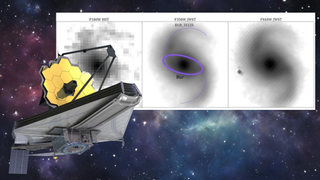
James Webb Space Telescope discovers some early universe galaxies grew up surprisingly fast
By Robert Lea published
"This means we will have to adjust our views on early galaxy evolution."
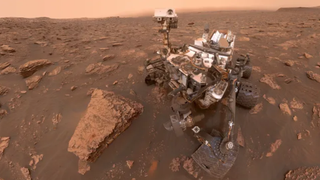
Mars' subsurface is 'burping' out methane and scientists aren't sure why
By Stefanie Waldek published
A new theory suggests that NASA's Curiosity rover could be "burping" the surface of the Red Planet, releasing methane trapped beneath a salty crust.
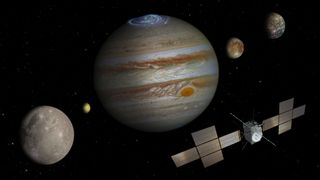
Ice-penetrating radar will help JUICE and other spacecraft find water beyond Earth
By Robert Lea published
When it arrives at Jupiter and the planet's moons in 2031, the JUICE spacecraft will use ice-penetrating radar to see beneath determine habitability.
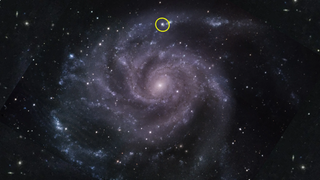
NASA's Fermi space telescope finds a strange supernova with missing gamma rays
By Robert Lea published
NASA's Fermi Space Telescope has failed to see gamma rays from a nearby supernova that should be created when it generates the high-energy cosmic rays that bombard Earth in their trillions.
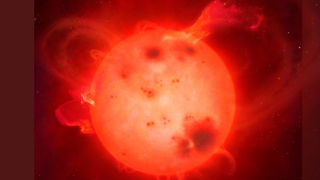
Stellar detectives find suspect for incredibly powerful 'superflares'
By Robert Lea published
Some stars erupt with 'superflares' 10,000 times as powerful as solar flares from the sun. A team of "stellar detectives" are on the case and may now know why some stars are so violent.
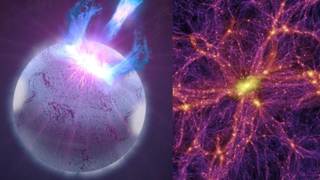
Across the universe, dark matter annihilation could be warming up dead stars
By Robert Lea published
Neutron stars could act as gravitational traps for dark matter, forcing these mysterious particles to collide, annihilate and warm up otherwise cold dead stars.

During the solar system's chaotic era, Jupiter may have helped form Earth's moon
By Keith Cooper published
The great planetary instability coincides with the collision that formed Earth's moon — could the two events be linked?
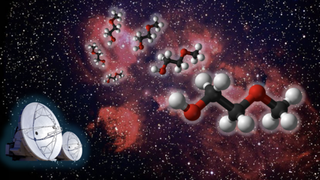
Buried in the Cat's Paw Nebula lies one of the largest space molecules ever seen
By Robert Lea published
Scientists have discovered one of the largest molecules ever seen in space in the Cat's Paw nebula. The discovery hints at how chemical complexity emerges as stars form.
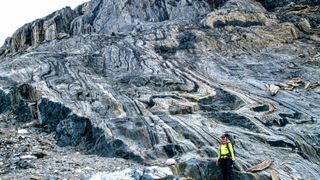
Ancient rocks hold proof of Earth's magnetic field. Here's why that's puzzling
By Keith Cooper published
Earth's ancient magnetic field appears to have had a strength similar to what we see today, and it may have protected ancient life from harmful cosmic radiation.
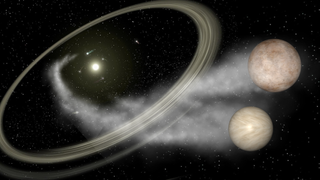
The mystery of how strange cosmic objects called 'JuMBOs' went rogue
By Robert Lea published
Scientists may have discovered how JuMBOs, strangle binary objects found in Orion, may have gone rogue while staying gravitationally bound. The discovery may shake up theories of planet formation.
Get the Space.com Newsletter
Breaking space news, the latest updates on rocket launches, skywatching events and more!
